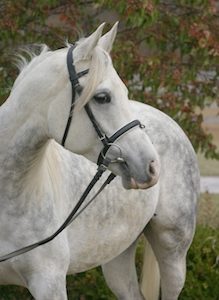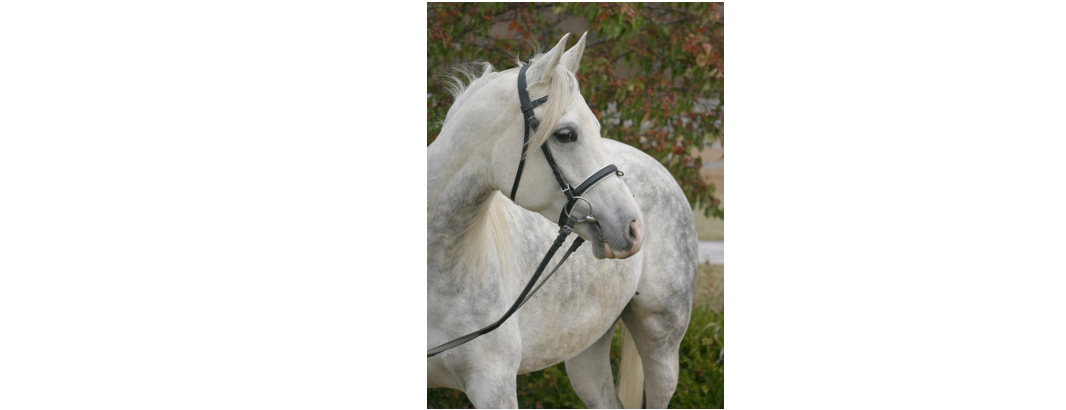Two Amino Acids Often Deficient in Equine Diets
by Dr. Eleanor

Most people are misinformed about protein in the equine diet, but it’s important to get this key nutrient right.
Nutrition provides powerful support to acquire and keep well-developed muscles, and it’s completely within your control. Efficient, strong muscular function allows smooth movement, athletic balance, speed, and endurance. Proper supplementation can help support the best possible muscle size and function.
Next to water, protein is the major component of muscle. If the total daily intake of protein is insufficient, muscle bulk will suffer. If the horse’s diet is possibly inadequate for protein it should be supplemented with a high quality protein from sources such as whey, soybean, potato or pea. A typical amount would be 100 to 200 grams of a 40% protein product.
The Level of Amino Acids is Just as Important as the Horse’s Total Protein Intake
More common than inadequate protein intake is the shortage of key essential amino acids – the building blocks of protein. Essential amino acids are those the horse’s body cannot manufacture for itself. Because the sequence of amino acids in a muscle is dictated by the DNA, the assembly of protein will stop if an essential amino acid is next in sequence but is not available.
Lysine and threonine are the two essential amino acids most likely to be deficient, limiting the ability to build muscle. These can be supplemented in their pure form. Suggested amounts are 10 to 20 grams of lysine and 2 to 4 grams of threonine daily. Deficiency of the amino acid methionine is also common. However, its deficiency impacts muscle function more than muscle size because methionine combines with lysine to form carnitine, a carrier needed for the muscle to burn fat. Recommended supplementation is 5 to 10 grams per day.
Key Nutrients for Muscle Function
Muscle building and maintenance also requires a full spectrum of vitamins and minerals, and deficiencies can influence function. Two antioxidants of special interest are vitamin E and selenium because they are both commonly deficient and have a critical role in muscle support. Energy generation to build muscle creates a heavy load of free radicals, making their antioxidant protection crucial.
A horse not on fresh pasture is getting insufficient vitamin E. E provides antioxidant protection to structural membranes of the cell. Supplement at least 2000 IU per day. Selenium is needed for function of the glutathione defense mechanism that protects the cell’s internal environment. Most horses do well on 2 mg of Selenium per day, preferably from Selenium Yeast.
About Dr. Kellon
Dr. Eleanor Kellon, staff veterinary specialist for Uckele Health & Nutrition, is an established authority in the field of equine nutrition for over 30 years, and a founding member and leader of the Equine Cushings and Insulin Resistance (ECIR) group, whose mission is to improve the welfare of horses with metabolic disorders via integration of research and real-life clinical experience. Prevention of laminitis is the ultimate goal. www.ecirhorse.org
You can find more about Uckele Health and Nutrition and their line of equine supplements at www.uckele.com.
Originally Published January 2017 Issue

The Colorado Horse Source is an independently owned and operated print and online magazine for horse owners and enthusiasts of all breeds and disciplines in Colorado and surrounding area. Our contemporary editorial columns are predominantly written by experts in the region, covering the care, training, keeping and enjoyment of horses, with an eye to the specific concerns in our region.

